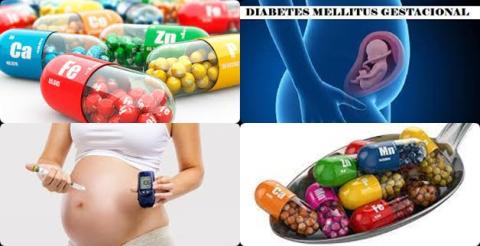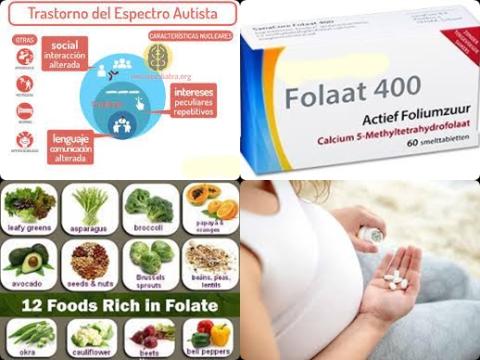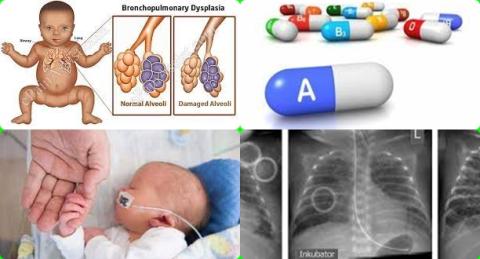Oral magnesium supplementation does not reduce leg cramps during pregnancy
Objectives:
Leg cramps are one of the common symptoms during pregnancy. About 30%-50% of pregnant women experience leg cramps twice a week. Leg cramps may cause severe pain and sleep disturbance, hinder performance of daily activities and may lengthen the duration of pregnancy and the type of childbirth. Therefore, this review article has been conducted.
Does oral magnesium supplementation reduce leg cramps during pregnancy?
Study design:
This review article included 4 RCTs with a total of 332 pregnant women.
Results and conclusions:
The investigators found the frequency of leg cramps during pregnancy was not significantly decreased in the magnesium group compared to the control group (group without magnesium) [WMD = -0.47, 95% CI = -1.14 to 0.20, p = 0.167].
The investigators found oral magnesium supplementation did not significantly improved the recovery from leg cramps during pregnancy compared to the control group [OR = 0.47, 95% CI = 0.14 to 1.52, p = 0.207].
The investigators found oral magnesium supplementation had no significant side effects in the treatment group (group with magnesium) compared to the control group [OR = 1.82, 95% CI = 0.90 to 3.69, p = 0.094].
The investigators concluded that oral magnesium supplementation is not effective in the treatment of leg cramps during pregnancy.
Original title:
Effect of oral magnesium supplementation for relieving leg cramps during pregnancy: A meta-analysis of randomized controlled trials by Liu J, Song G, [...], Meng T.
Link:
https://pubmed.ncbi.nlm.nih.gov/34247796/
Additional information of El Mondo:
Find more information/studies on review article/meta-analysis/significantly, magnesium and pregnancy right here.




